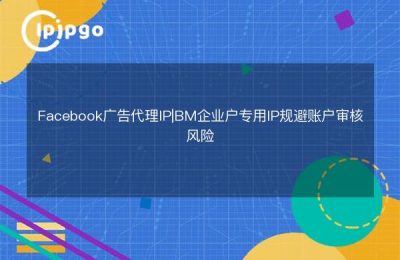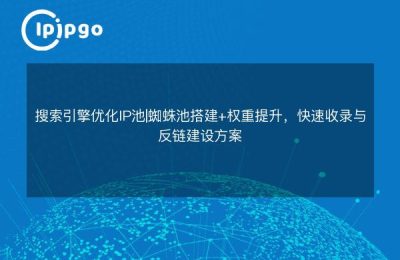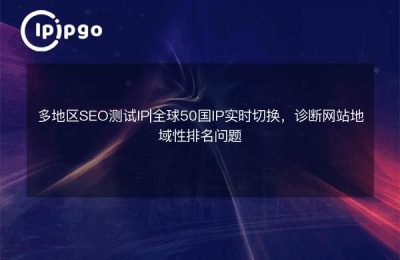
In today's data-driven era, access to accurate and comprehensive data is crucial for businesses and individuals. However, with increased awareness of cybersecurity, websites often restrict IPs in order to prevent malicious data collection. This is where IP proxies become an essential tool. So, how to utilize IP proxy to collect data efficiently and stably? Next, let me give you a detailed introduction.
What is an IP Proxy?
An IP proxy, as the name suggests, is an IP address on a proxy server. The main purpose of using IP proxy is to hide the user's real IP address to achieve the purpose of stealth, breaking access restrictions, crawling data and so on. In practice, we can use IP proxies to collect data in a distributed way to improve the efficiency of data collection and reduce the risk of IP blocking.
Public versus private agents
When choosing an IP proxy, we usually come across two types: public and private proxies. Public proxies are usually free and widely sourced, but are less stable and less available because a large number of users share the same proxy IPs and are susceptible to website blocking. Private proxies, on the other hand, are exclusive proxies purchased by individuals or organizations, which are stable and reliable, but relatively costly.
Getting an IP Proxy with Python
In practice, we often use Python to get IP proxies. Here is a simple example to get the IP proxy information of a free proxy website using requests and BeautifulSoup library:
import requests
from bs4 import BeautifulSoup
def get_proxy(): url = ''
url = 'https://www.shenlongip.com/'
headers = {
'User-Agent': 'Mozilla/5.0 (Windows NT 10.0; Win64; x64) AppleWebKit/537.36 (KHTML, like Gecko) Chrome/58.0.3029.110 Safari/537.3'}
r = requests.get(url, headers=headers)
soup = BeautifulSoup(r.text, 'html.parser')
trs = soup.find_all('tr')
for tr in trs.
tds = tr.find_all('td')
if len(tds) > 7.
ip = tds[1].text
port = tds[2].text
print(f'{ip}:{port}')
get_proxy()In this example, we send a request through the requests library and the BeautifulSoup library parses the HTML page to finally get the proxy IP information on the free proxy site.
Agent pool maintenance and updates
After we acquire a batch of proxy IPs, we also need to consider the maintenance and update of the proxy pool. Because the validity of proxy IPs decreases over time, we need to regularly check the availability of proxy IPs and remove the unavailable ones, while constantly acquiring new proxy IPs to add to the proxy pool to ensure that we have a smooth data collection process.
Bypassing Anti-Crawler Strategies
On the other hand, when using IP proxies for data collection, we also need to consider how to bypass the anti-crawler strategy of the target website. Some websites will adopt anti-crawler measures, such as setting access frequency limitations, CAPTCHA verification, and so on. In order to bypass these restrictions, we usually adopt some technical means, such as using random User-Agent headers, setting access intervals, etc. to simulate human access behaviors, so as to avoid being recognized as a crawler by the website.
concluding remarks
In this article, we introduce in detail the related knowledge of IP proxy for data collection, including the definition and classification of IP proxy, the example of using Python to obtain IP proxy, the maintenance and updating of the proxy pool, and the bypassing of anti-crawler strategies. We hope that through the introduction of this article, readers can have a more in-depth understanding of the application of IP proxies in data collection and provide some help for their own data collection work.








